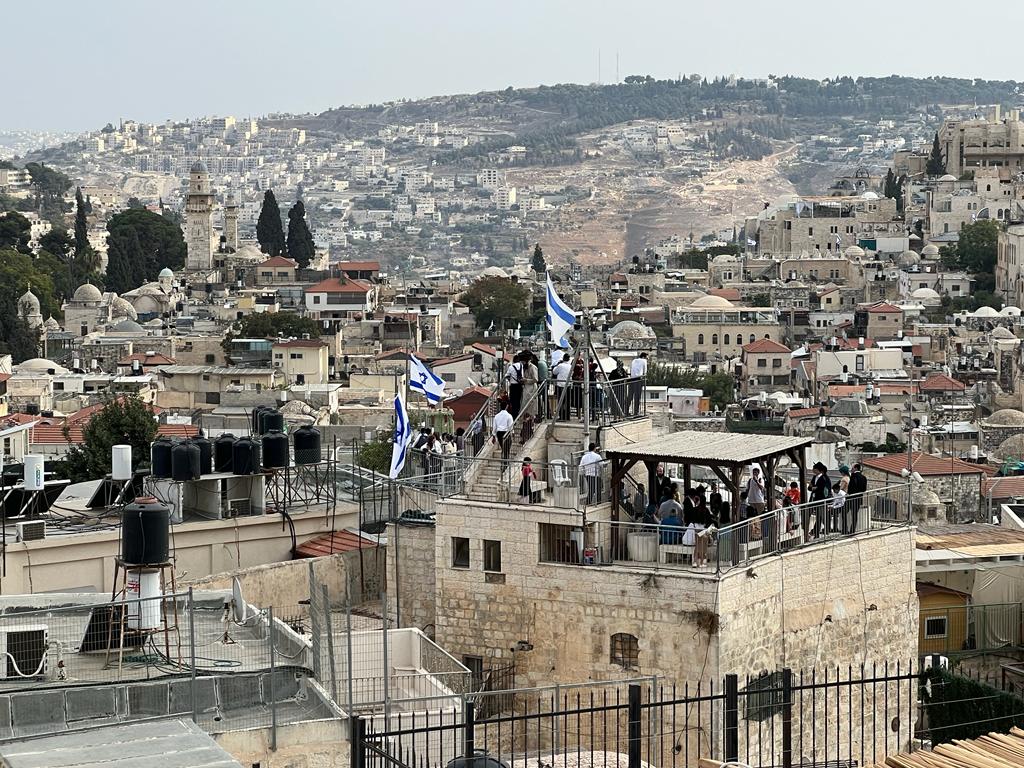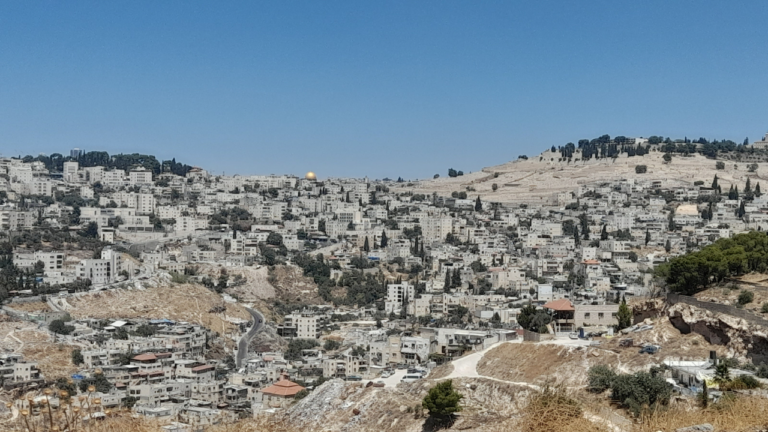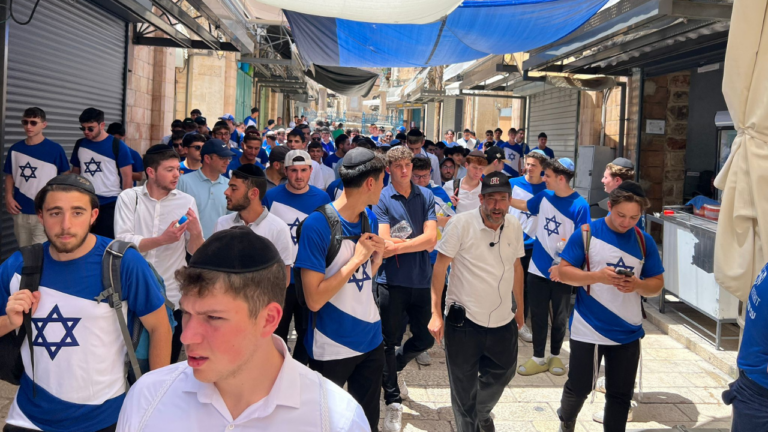The Battle, the Bread, and the Wine of Jerusalem
Ma’aseh Avot Siman L’Banim, the actions of the forefathers are a sign for the children. Four kings, led by Amraphel the ruler of Shin’ar, form an alliance and sweep across Eretz Yisrael, murdering, plundering, and kidnaping as they advance. When Avraham hears that his nephew Lot has been captured, he immediately girds himself for battle and pursues the invading armies. He successfully hunts them down and takes back that which was stolen. After returning from this war, Malki-Tzedek, the king of Shalem (identified as Shem the son of Noach by Chazal) comes out to greet Avraham and provides him with bread and wine.
The Midrash (Bereishit Rabbah 43:6) sees deep significance in this seemingly humble gift. The city of Shalem is actually Jerusalem, and Malki-Tzedek’s bread alludes to the future showbread and flour offerings that Avraham’s descendants will bring to Hashem in the holy city. The wine alludes to the libations poured alongside the korbanot in the Beit HaMikdash. As the Yefeh To’ar notes based on the Gemara in Nedarim (32b), it was at this moment that Malki-Tzedek handed over the reins of priesthood to Avraham and his descendants. Avraham’s first step towards acquiring the holy city of Jerusalem and the rights of serving Hashem in this holiest of places was specifically earned after the defeat of the four kings. What is the connection between Avraham’s victory and his future claim to Jerusalem?
Chazal provide us with a deeper perspective to this story by identifying who Amraphel really was. This was not the first time that Avraham had faced off against this mighty king. The Torah already informed us earlier (Bereishit 10:10) that the king of Shinar was none other than Nimrod, the very person who tried to cast Avraham into the fiery furnace for defying the idol worshiping moral debauchery of the world. In fact, Mizrahi (on Rashi to Bereishit 14:1) explains that the name Amraphel is actually a contraction of the words Amar Pol!, “He said ‘Fall (into the fire)!’”.
Avraham Avinu’s second showdown with Nimrod is very different from his first. At their first meeting, Nimrod attempted to murder Avraham for his moral clarity and defiance of Nimrod’s rule of idolatrous violence and bloodshed. Avraham demonstrates his moral and spiritual superiority when he refuses to bend, even when faced with execution by burning. Avraham leaves for Eretz Yisrael, becoming the ultimate paradigm of chessed and monotheistic faith.
While Avraham upends Nimrod’s immoral philosophy with his moral bravery and chessed, he leaves Nimrod’s lands without ever undermining Nimrod’s physical dominance over this world. Now, after the kidnapping of his own flesh and blood, Avraham takes on the formidable task of overthrowing Nimrod’s physical hold over Eretz Yisrael. Avraham proves that he does not only possess the middah of chessed, but also of gevurah, strength. Of course, even as he emerges victorious in battle, his moral clarity and graciousness are uncompromised; he refuses to benefit from the spoils of war and tithes all that he has to Hashem, recognizing that his physical might comes straight from the Kel Elyon. When the freed peoples of Eretz Yisrael gather to crown Avraham their king, he emphatically declares that he is merely a servant of the true Ruler of this universe (see Midrash Rabbah 43).
The spiritual right to Jerusalem was only earned after Avraham overthrew Nimrod in both the spiritual and physical realms. The priesthood of Jerusalem was acquired by our forefather after expressing his military might, perfectly blended with the moral clarity and generosity of spirit that epitomizes the Av HaMon Goyim. In the coming weeks, we will be’ezras Hashem come to a deeper understanding of why this is the only way to lay claim to Jerusalem.
May we merit to walk in our forefather’s footsteps, destroying our enemies b’gevurah, reclaiming our kidnapped brothers and sisters, and returning to Jerusalem b’chessed, speedily in our days.



